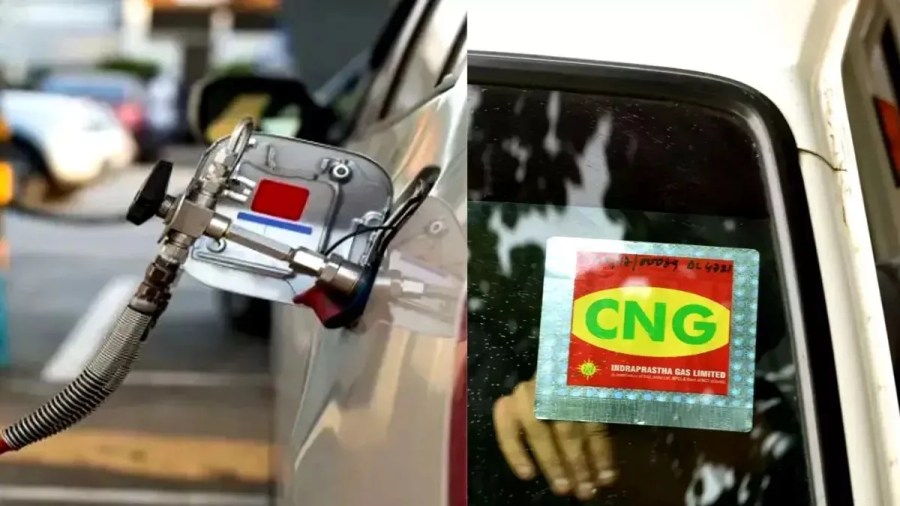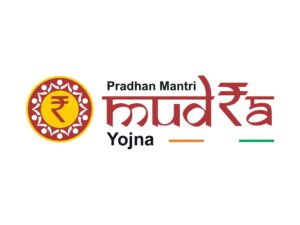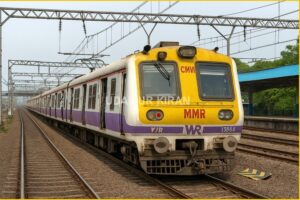CNG Price Hike: IGL Raises Rates in Delhi, Noida, and Ghaziabad—Here’s the Latest Update
In a move that directly affects commuters and transport businesses, Indraprastha Gas Limited (IGL) has announced a price hike in CNG (Compressed Natural Gas) across multiple cities. This adjustment marks the first increase in Delhi since June 2024 and is set to impact thousands of vehicle owners in the National Capital Region.

CNG Prices Up by ₹1 in Delhi, ₹3 in Noida and Ghaziabad
Effective immediately, the price of CNG in Delhi has been increased by ₹1 per kilogram, bringing the new rate to ₹76.09/kg. Meanwhile, Noida and Ghaziabad residents will face a steeper hike of ₹3 per kg, pushing the price to ₹84.70/kg.
IGL cited rising operational and input costs as the reason for the hike. The company’s move follows a similar increase seen in other markets in November 2024.
Why the Price Hike Matters to Investors and Consumers
While this price hike may aid IGL’s revenue generation and help the company maintain healthy profit margins, it also raises concerns over consumer demand. With CNG being a popular choice among private car owners and commercial transport operators, the price surge may impact fuel affordability and usage patterns in urban hubs.
According to Jefferies, a recent report from February 2025 indicated that a ₹2/kg hike would help IGL retain its operating margins. Although Delhi has seen only a ₹1/kg increase, the ₹3/kg hike in satellite towns like Noida and Ghaziabad may help offset costs and improve margins in the near term.
Delhi Holds 70% Share in IGL’s CNG Sales
Delhi accounts for nearly 70% of IGL’s total CNG sales, which explains the relatively modest increase there. Other areas, including Noida, Ghaziabad, and surrounding regions, comprise the remaining 30%. The differential pricing is designed to minimize impact on IGL’s largest consumer base while balancing profitability in other markets.
Impact on CNG Users and Market Outlook
The hike is expected to hit daily commuters and transport fleet owners hardest, especially in Noida and Ghaziabad. With rising fuel prices, drivers may reconsider operating costs, while consumers may witness a marginal rise in fares and delivery costs. Analysts believe the increase was inevitable, given rising input costs, and see it as a strategic move to stabilize financials amid inflationary pressures.
Going forward, IGL’s stock and margins will be closely monitored by investors as the company adapts to fuel market volatility and consumer sentiment.





















